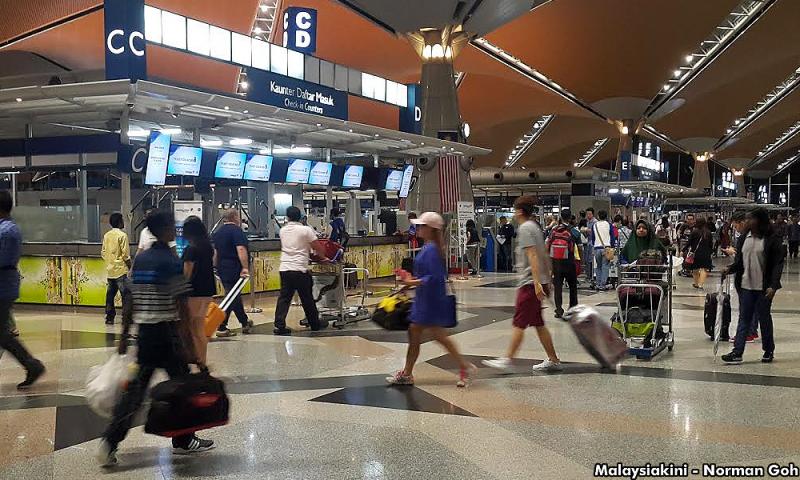Letter: Surrender or bleed to death?
LETTER| Whether the Movement Control Order (MCO) will be lifted or extended after April 14, business will no longer be sustainable for the rest of the year for travel agents.
Travel agent is a generic term for person or business involved in Tour Operating Business and Travel Agency Business (Tobtab) regulated by the Ministry of Tourism, Arts and Culture.
Travel agencies act as agents for major service providers such as airlines and hotels while tour operators organise tours to overseas or provide services in the country for foreign and domestic tourists. Many run transport services such as tour buses, vans and self-drive cars.
Let us start with travel agencies. For the first time since World War II, international travel has grounded almost to a halt after countries around the world closed borders, locking in citizens and preventing foreigners from entry to control the spread of the coronavirus.
Airlines had to suspend most, or all flights, and the majority may go bust. Even Singapore Airlines, one of the world’s most successful carriers, had to be rescued with S$19 billion funding to help see it through this global crisis.
Until the end of this year, those going overseas are largely for essential travel, not holidays. And with limited funds in both the public and private sectors, most travel agencies will close shop. When budget airlines take to the sky again, the public will continue to book directly with low-cost carriers.
As for outbound tour operators, the demand for overseas holidays will be poor as most customers are in the middle-income group. Except for a boom in some industries, many workers in the private sector may lose their jobs, go on indefinite unpaid leave or salary cut.
Prior to Covid-19 outbreak, many firms were operating at full staff strength to take advantage of the anticipated increase in both outbound and inbound tourists in 2020.
But with hardly anything to look forward in the coming months, these companies will be letting go most of their staff or continue bleeding until there is no more cash to pay salaries.
As for inbound tour operators, it would be a long wait for tourists from traditional markets to return. Those who have operated leanly with skeleton staff and no vehicles are least affected. Those who operate a large number of tour buses, vans and self-drive cars are now stuck with vehicles of little market value.
In addition to staff salaries, office rentals, utilities and other overheads, tour vehicle operators will have to continue paying for leasing or hire-purchase loans once the moratorium ends. And the RM600 monthly wage subsidy for three months for staff earning less than RM4,000 came with a caveat.
Employers are not allowed to retrench staff, impose unpaid leave or cut salaries for the next three months after implementation of the Wage Subsidy Programme.
Taking loans to pay salaries for staff with little or no work and no revenue would eventually bleed companies to death. Many employers would rather choose to surrender and conserve whatever cash left.
Instead of overly focussing on recovery measures post-Covid-19 pandemic, the priority now is to rescue small and medium enterprises, particularly tour operators, and not let them fall by the wayside.
Swift recovery is only possible when the ecosystem remains intact.
The views expressed here are those of the author/contributor and do not necessarily represent the views of Malaysiakini.
RM12.50 / month
- Unlimited access to award-winning journalism
- Comment and share your opinions on all our articles
- Gift interesting stories to your friends
- Tax deductable
